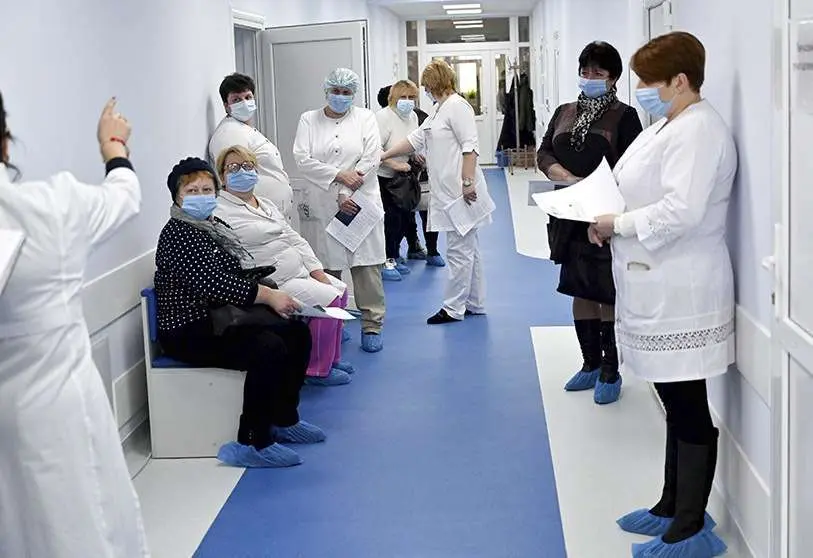Damn virus!

It has been 365 days under the influence of the health emergency, with a pandemic that on 11 March will be two years old and for which there is still no end in sight.
The anti-COVID vaccines have allowed a certain return to normality tied to the use of masks and hydroalcoholic gel, but subject to a series of restrictions on access to certain areas and with capacity control, to the extent that the health traffic lights have been imposed to curb the spread of SARS-CoV-2 infections.
Here in Europe, people have had to get used to PCR tests, antigen tests, the use of health passports not only to travel to another country, but also to enter places of entertainment, restaurants and to visit old people's homes. And now we are back to restrictions and confinements such as the one decreed by the Netherlands until 14 January next.
Some have gone even further by imposing sanctions such as dismissal, suspension from work or the impossibility of receiving a salary if the worker is not fully vaccinated.
Countries such as Greece, Italy, the United Kingdom and France have been the first in Europe to implement this regulation, arguing that the common good comes before individual freedoms; there is also a struggle against the strong anti-vaccine movement, which has been cornered by a wall of sanctions if they refuse to be immunised.
Other parts of the world have even implemented compulsory use of the coronavirus vaccine for all persons over 18 years of age, as is the case in: Indonesia, Tajikistan, Turkmenistan and the Vatican.
By 2022, other countries, especially in Europe, will also make vaccination compulsory, as announced by the Austrian government headed by acting chancellor Alexander Schallenberg: "From 10 February next, vaccination against the coronavirus will be compulsory until at least 2024, and anyone who refuses will be subject to fines of up to 3,600 euros".
Neither Italy nor Germany are ignoring it, while Greece has issued an executive order that will come into force from 16 January for all people over 60 years of age who, if they do not have the full doses, will have to pay fines of 100 euros per month.
The pandemic has become the great enemy to be defeated, with no origin yet determined by the scientific community, a certain majority consensus leans towards the zoonotic origin of the virus.
A coronavirus suspected to have originated from a bat that infected a medium intermediate-host and jumped to humans. The World Health Organisation (WHO) mission arrived in Wuhan, China on 14 January and after two weeks of Beijing-controlled investigations, the team of scientists determined that SARS-CoV-2 was not the product of a laboratory accident.
The scientist Ben Embarek, who went on site with his team of colleagues from around the world, arrived with four hypotheses under his arm: "We started from several assumptions as the point of origin of SARS-CoV-2, firstly that it was of zoonotic origin; secondly, a transmission from animal to animal host and from animal host to human; thirdly, a virus spread by the cold chain of some frozen food; and finally, the possibility of a laboratory accident".
After its very short investigation, the mission concluded that the coronavirus did not come from a laboratory, accidentally or otherwise, and that the origin of the contagion did not start in the Huanan market either, as the virus was already circulating in other parts of the city, but never before December.
However, Embarek told his country's Danish television station TV2 last August that the infection may have occurred after a researcher in the Wuhan laboratory became infected while handling a bat coronavirus.
For China, the origin of the virus is a closed point, the government of President Xi Jinping considers that it granted all the facilities to the WHO mission and defends that neither Wuhan, nor any other Chinese city, was ground zero for the coronavirus; the outbreak, according to this version, began in another country and it was Wuhan that detected the massive cases.
The bottom line is that we do not yet know where this cursed pathogen has come from, nor can we defeat it yet with vaccination, and we are going into the medium term with this tug-of-war... if we do well.

